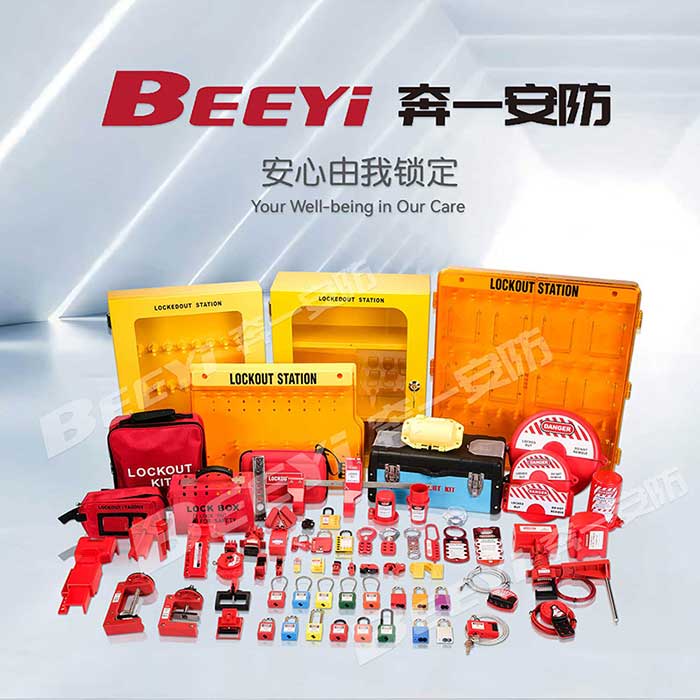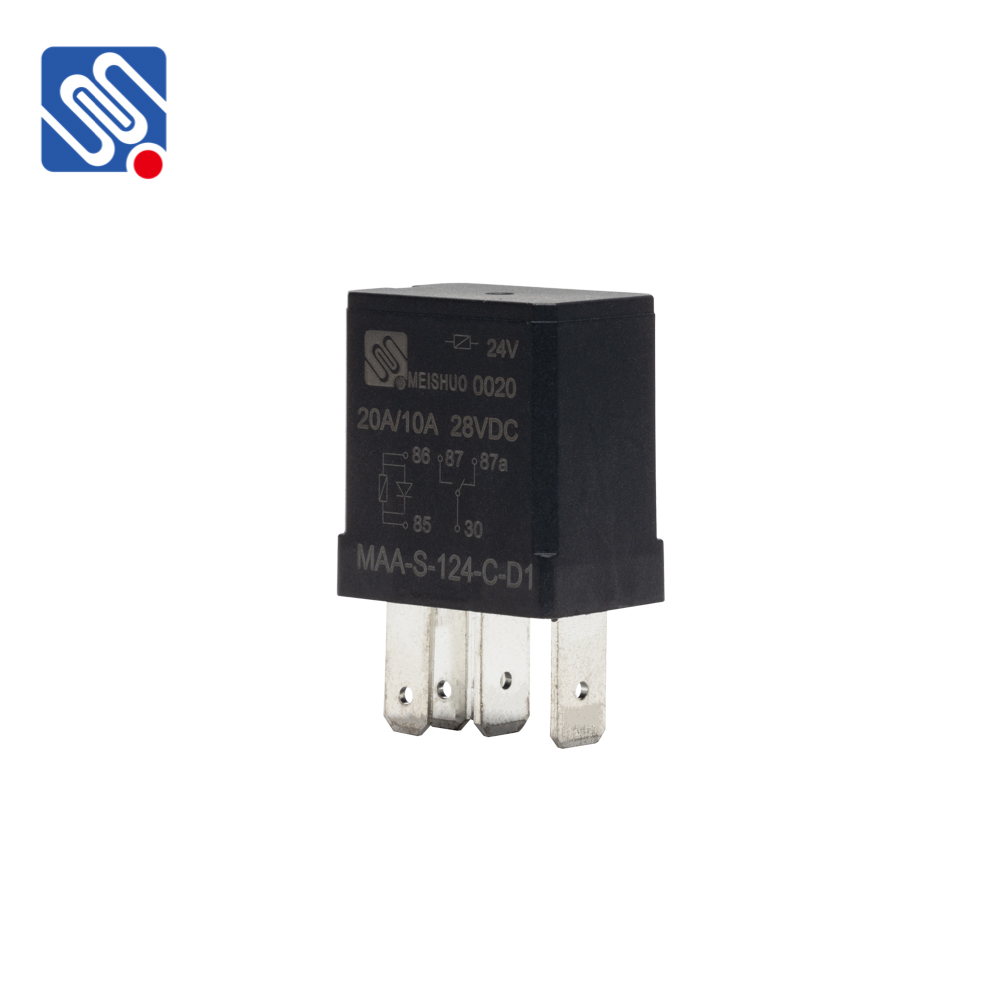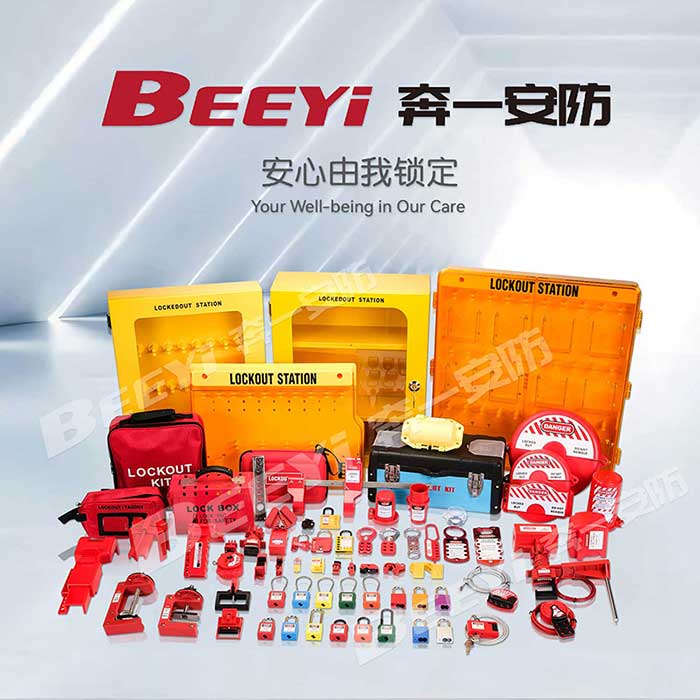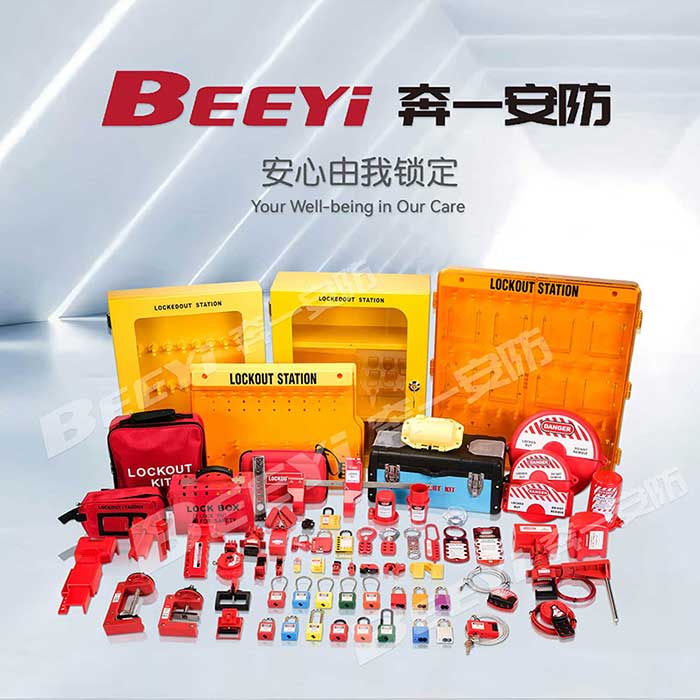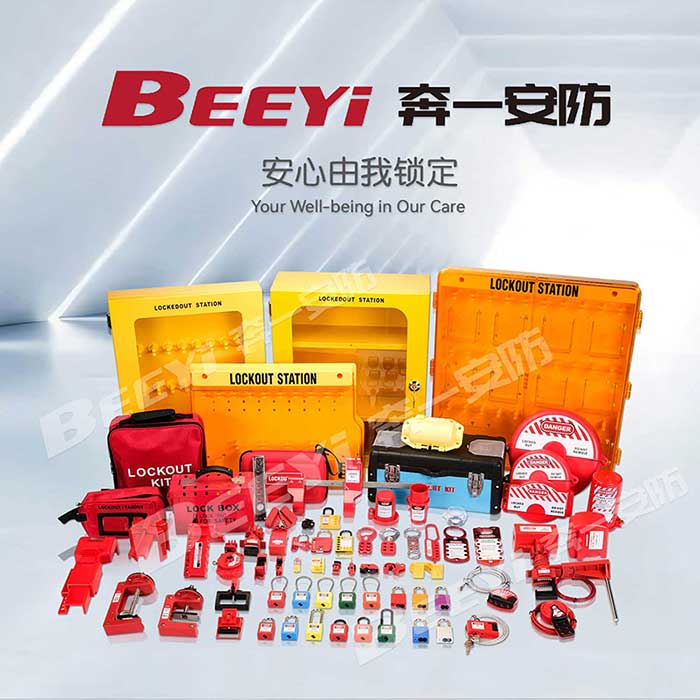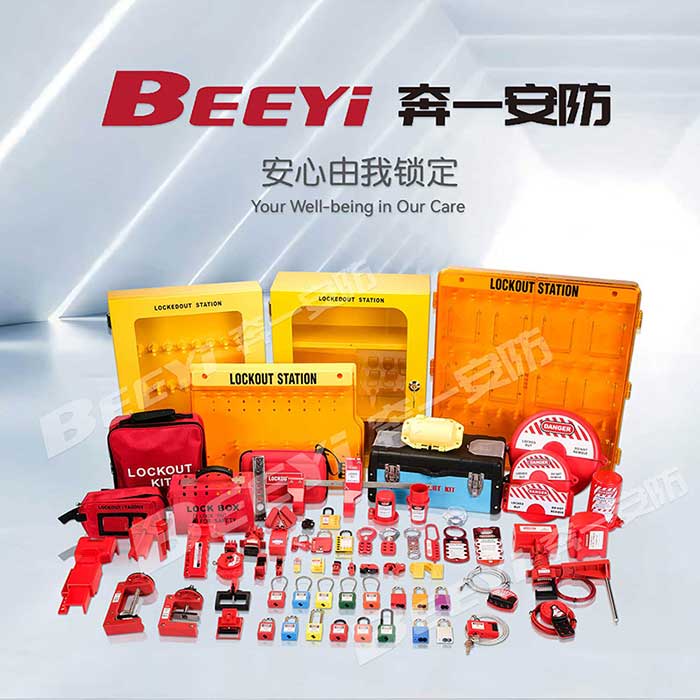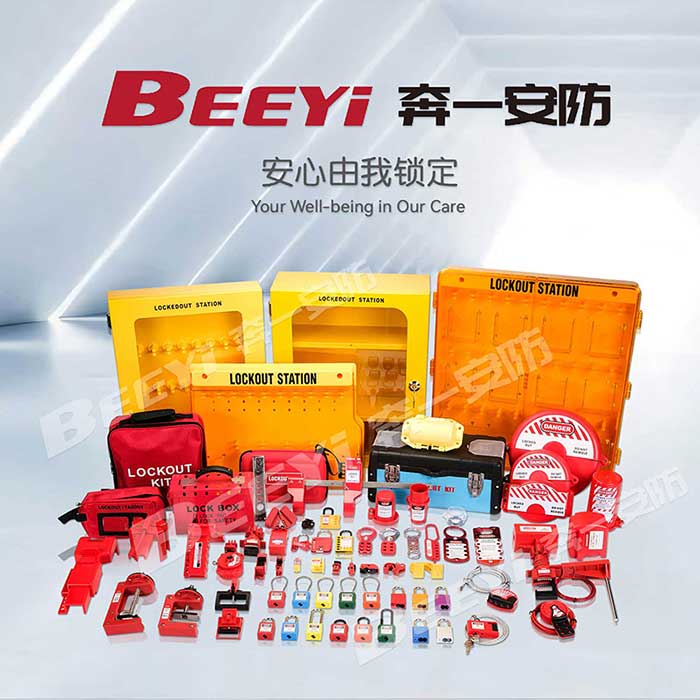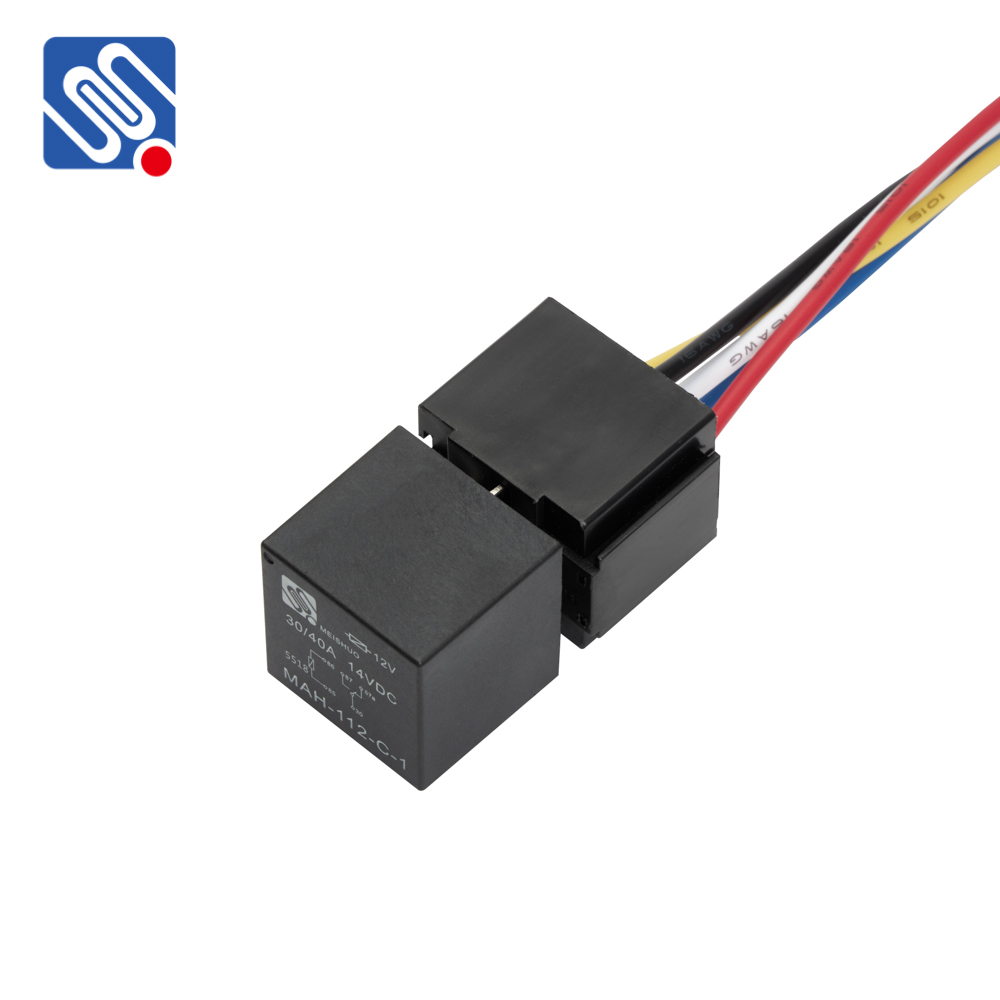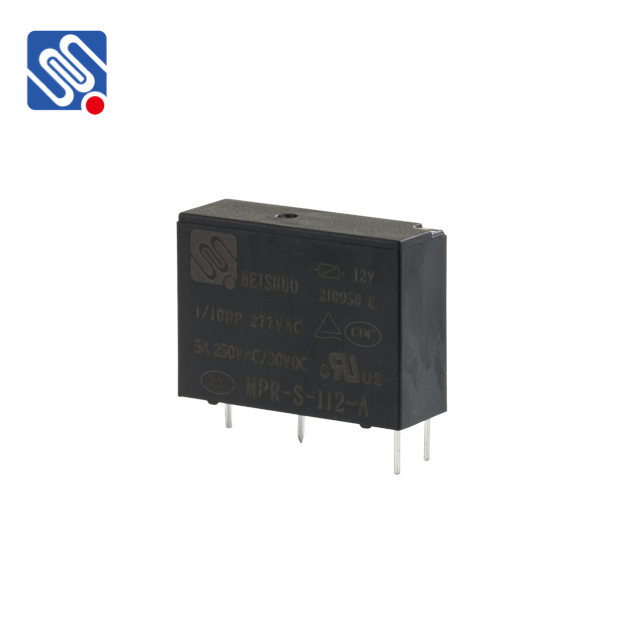Relay technical support is a critical component of modern communication and automation systems. Whether it’s in network management, industrial automation, or data transfer systems, relays play an indispensable role in controlling and managing signals. To ensure that these systems run efficiently, technical support for relays is a necessary service that helps troubleshoot, maintain, and optimize relay-based systems. This article explores the importance, services, and best practices associated with relay technical support.
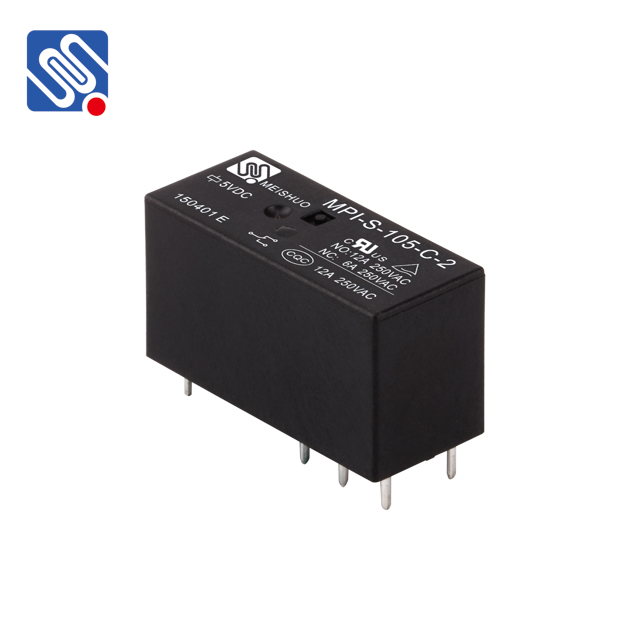
What is Relay Technical Support? Relay technical support refers to the range of services provided to ensure that relay-based systems operate correctly. A relay is an electrically operated switch that controls the flow of electricity in circuits, and these are commonly used in various sectors like telecommunications, automation, and networking. Since relays are integral to many industrial and commercial processes, technical support becomes crucial for minimizing downtime and maintaining the system’s integrity. Technical support teams are typically composed of experts who have in-depth knowledge of relay systems. They offer a wide array of services, from resolving technical issues to providing advice on how to enhance system efficiency. By offering timely assistance, relay technical support prevents disruptions and ensures the smooth functioning of relay networks.
